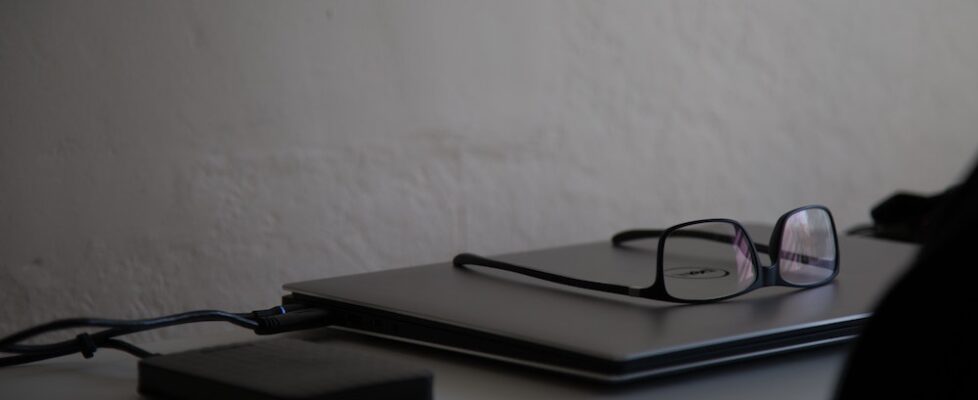Forex “Cartel” traders clash with DOJ over use of criminal case documents
More than two years have passed since participants in the famous FX “Cartel” chat room were acquitted of charges of manipulating the Forex spot market. But Richard Usher and Rohan Ramchandani are now facing new challenges related to the events that led to the criminal proceedings against them.
The former FX traders are now trying to prepare for proceedings launched against them by the Office of the Comptroller of the Currency (OCC). Usher and Ramchandani want to use documents from the criminal case in the OCC proceedings against them.
Let’s recall that, in August 2020, the OCC issued notices against Usher and Ramchandani. The notices said that hearings will commence so as to determine whether Orders should be issued against Ramchandani, the former Head of European Foreign Exchange Spot Trading at Citibank, and Richard Usher, the former Head of EMEA Foreign Exchange Spot Trading at JPMorgan Chase Bank, N.A., prohibiting the respondents from participating in any manner in the conduct of the affairs of any federally insured depository institution or any other institution, credit union, agency or entity referred to in 12 U.S.C. § 1818(e), and requiring respondents to pay a civil money penalty.
Several days after the notices were filed by the OCC, Usher and Ramchandani filed a request with the New York Southern District Court for a modification of the Court’s protective order in the criminal proceedings (the ones launched by the DOJ) against them.
The “Cartel” traders requested a modification of the Protective Order to clarify that materials produced by the DOJ may be used in the OCC proceedings. The purpose of this modification is to ensure that, as a matter of fairness, Usher and Ramchandani are able to make use of Disclosed Documents in the OCC proceedings.
According to a Letter filed with the Court on November 16, 2020, the Government opposes Usher and Ramchandani’s motion. In particular, the DOJ disagrees with any modification of the Court’s Protective Order to enable Messrs. Usher and Ramchandani to use any criminal discovery as evidence in the OCC proceeding if they have not also secured the permission of the documents’ owners through appropriate means.
The DOJ stresses that the owners of the 2.8 million criminal discovery documents – including the FBI, other U.S. and foreign government agencies, banks, and corporations – have not consented to use of their property outside the criminal investigation, nor was that use contemplated when these materials were produced between three and seven years ago. In fact, some of these third parties may not even be aware that their property remains in Defense Counsel’s hands.
The Government has informed Defense Counsel of the means by which they could seek to use the documents in the OCC proceeding (including through discovery in the OCC proceeding and, for government documents, the Touhy process). If Defense Counsel do not follow those protocols, the Government warns that it may take steps to enjoin any use in the OCC action, in whichever forum is the most appropriate.





